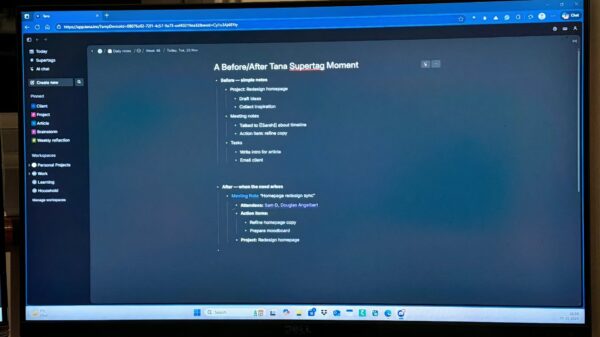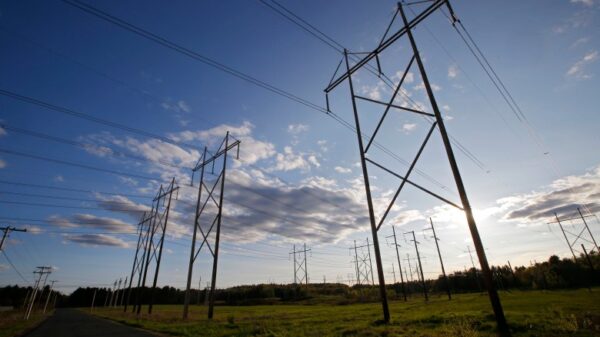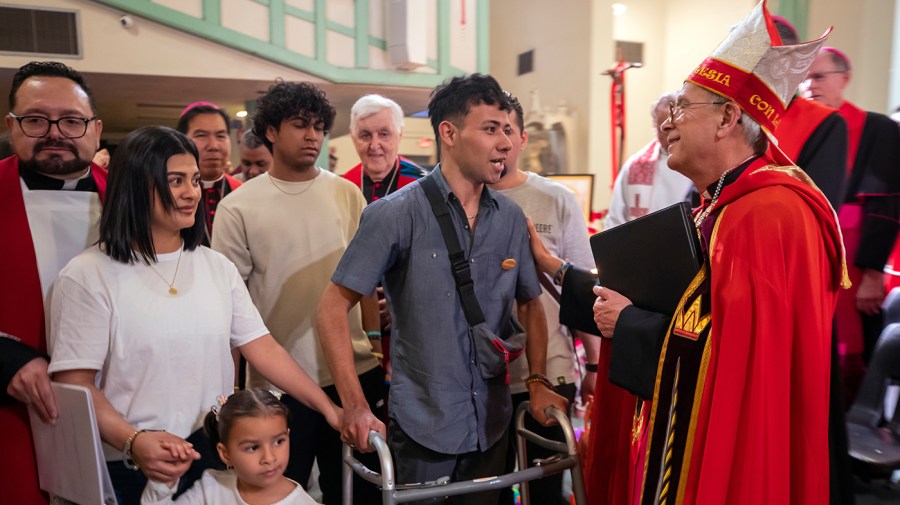URGENT UPDATE: As the federal government scales back services and funding, churches across the United States are stepping up to fill the gap. With the ongoing government shutdown and budget cuts from the Trump administration, religious organizations are mobilizing to support vulnerable populations, including students and immigrants.
In a significant shift, houses of worship are amplifying their anti-hunger initiatives and expanding programs for federal workers impacted by the shutdown. Many churches report a surge in demand for food assistance, as families struggle to meet basic needs. “We have seen a noticeable increase in people seeking help,” says Pastor John Smith from St. Mary’s Church in Washington, D.C. “Our community is hurting, and we cannot stand by while people suffer.”
Across the nation, churches are implementing new programs to provide meals, financial assistance, and emotional support to those affected by the government’s dwindling services. On January 15, 2024, more than 300 churches in major cities like New York, Chicago, and Los Angeles are launching a coordinated effort to distribute food and supplies to families in need.
The impact of these initiatives is critical. Many federal employees, now facing uncertainty about their paychecks, have turned to local churches for assistance. “We’re not just feeding people; we’re giving them hope,” shares Rev. Lisa Thompson of Unity Church in Chicago. “Every person who walks through our doors reminds us why we must act now.”
This grassroots movement highlights a growing trend where faith-based organizations are stepping into roles traditionally held by government agencies. As funding diminishes, churches are becoming lifelines for many, demonstrating the power of community support in times of crisis.
As this situation continues to develop, observers are encouraged to monitor how these initiatives evolve. Will more churches join this movement? How will local communities respond as the government shutdown persists?
Stay tuned for updates as churches across the country ramp up their efforts, providing essential services and support to those most in need. The urgency of the moment cannot be overstated, as communities rally together in response to government inaction. Sharing this information can help spread awareness and encourage others to get involved in these vital community efforts.






































































